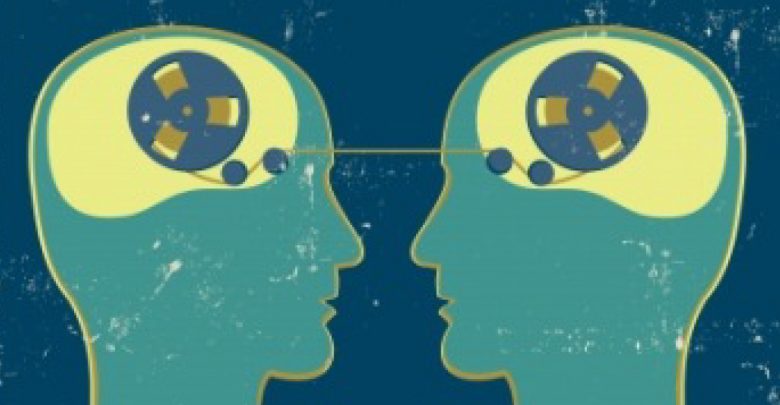Empathy
-
Why did I choose this tool? This is one of the foundational exercises in my personal work. It has helped me realize what people might be struggling with and within seconds, helps me have a better emotional connection to them. It has helped me reframe relationships with my ex-girlfriend, my mother, my best friend, my ex-boss, and many others. It…
Read More » -
Why did I choose this tool? As a trainer, I believe we often avoid feeling and expressing our emotions. We recognize other people’s emotional states and know what they’re feeling, and yet we avoid feeling those emotions ourselves. I chose this video by Brené Brown because for me it clearly describes the difference between identifying how someone feels and feeling…
Read More » -
Why did I choose this tool? My ex-girlfriend and I used to struggle in conversations because I would often interrupt her. I would have a tendency to speak more quickly than her and therefore say something before she started to speak or before she had finished speaking. At times, we would set rules for ourselves to go into “journalist mode,”…
Read More » -
Why did I choose this tool? While there is plenty of information about how important empathy is in education, I believe it is important to connect it better with the need of the trainer to support learners in identifying their learning needs. Because of that, the part of active listening and observing seemed important to me. How does this apply…
Read More » -
Why did I choose this tool? This method will allow the trainer to analyse the emotions of others and himself. Also it will widen the vocabulary of emotions that the trainer is using. How does this apply to being a trainer? Working in training programs which are based on group processes, self-analysis and analysis of difficult cases, for example: EVS…
Read More » -
While training young people, youth workers and other target groups we follow a set of universal values like honesty and respect. These values are the basis of humanistic pedagogy, non-formal education. Empathy is an ability and skill which allows us to be honest and respectful in educational relationships. Often the words of ‘empathy, honesty and respect’ are used as slogans,…
Read More »





